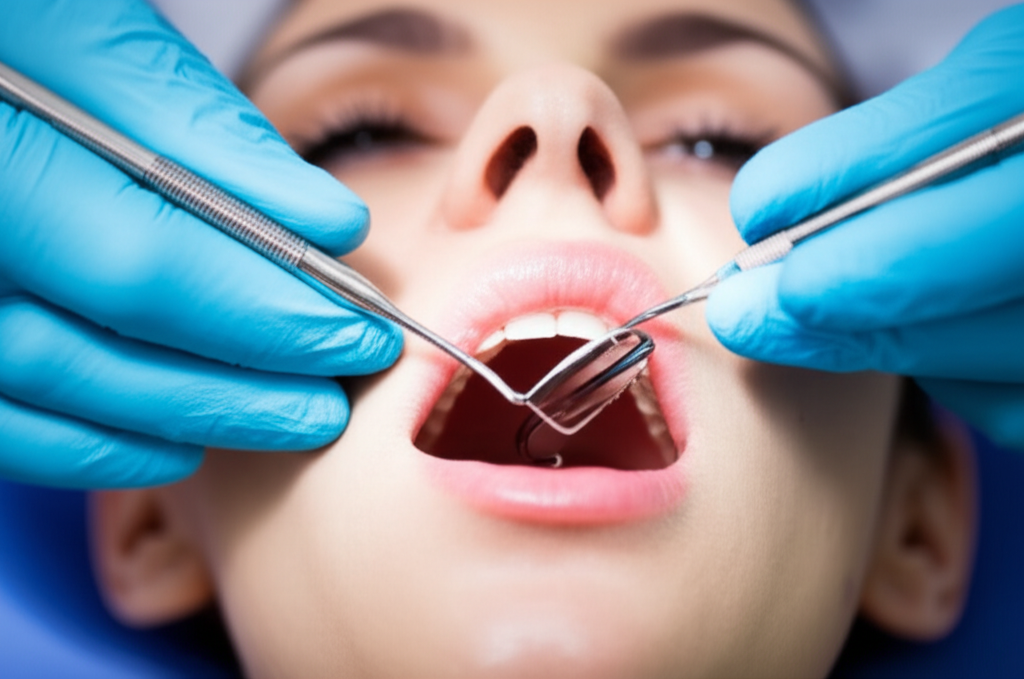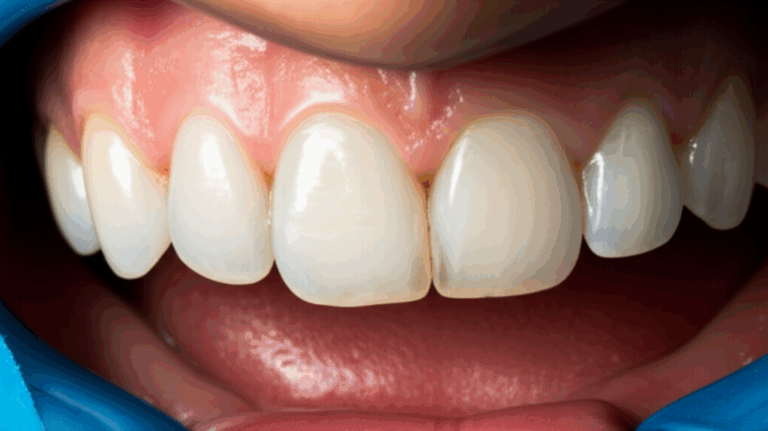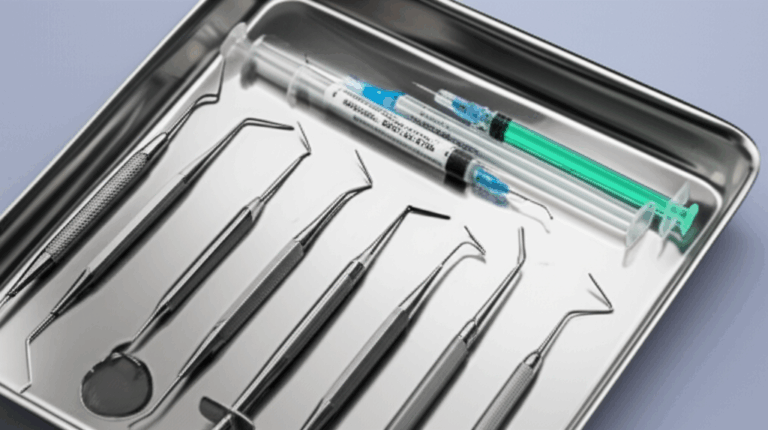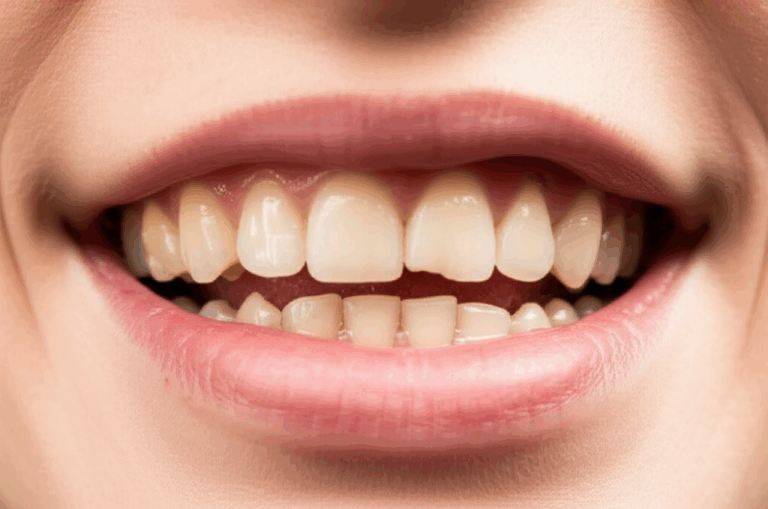
Will a Dentist Remove a Tooth in an Emergency Appointment? What You Need to Know
I’ve been there—sitting in the dental chair, holding my jaw, really wanting relief, and thinking, “Will the dentist just take this tooth out now?” If you’re here, you probably have a dental emergency or you’re helping someone who does. It’s nerve-wracking. I’ll walk you through what happens during these times, what dentists actually do when you show up in pain, and what you can expect from start to finish.
Table of Contents
Yes, Often – But Under Specific Conditions
So, will a dentist take out a tooth at an emergency visit? From what I’ve seen (and felt), the answer is usually yes—but only if it’s really needed.
The Primary Goal: Pain Relief and Infection Control
Let’s be clear; no one wants to lose a tooth if it can still be saved. When I went to the dentist, their first goal was always stopping my pain and handling any infection. Dentists want to save teeth when they can. Pulling a tooth right away isn’t what they do first—they only do it if keeping the tooth would be worse for you.
When Immediate Extraction Is Necessary
There are times when pulling the tooth right away is the best (or only) thing to do. Here’s when dentists might decide to pull a tooth in an emergency:
- Bad, can’t-fix damage: I broke a tooth below my gum one time eating nuts. The dentist told me there was no way to fix it, so out it went.
- Bad infection or abscess: If you have an abscess that’s getting bigger and causing swelling or a fever, dentists move quickly. I found this out the hard way when pain wouldn’t stop even with antibiotics.
- Pain that won’t stop: If painkillers and quick fixes don’t help, then they think about pulling the tooth.
- Dental injury: If you’ve had an accident and the tooth is broken too much to fix, you need that tooth out, fast.
- Impacted wisdom teeth: When I was in college, awful jaw pain turned out to be infected wisdom teeth. The oral surgeon took them out that same day.
Factors Influencing the Dentist’s Decision
Every mouth is different. Before your dentist pulls a tooth in an emergency, they think about a few important things.
Thorough Examination and Diagnosis
They don’t just grab the tools and start pulling.
- X-rays and looking at your tooth: Every time I had a dental problem, my dentist wanted an X-ray—even when I thought it was obvious. X-rays show what’s going on under the surface, like hidden damage or infection.
- Your health history: Dentists ALWAYS ask about your health. Stuff like heart issues, blood thinners, or allergies are very important. It’s not just paperwork—it’s about keeping you safe during the procedure.
Restorability vs. Extraction
Dentists really like to save teeth when they can. If there’s even a small chance the tooth can be fixed (with a filling, a crown, or a root canal), they’ll talk about that before pulling. They explain your choices in a way that makes sense.
Presence of Acute Infection
I was surprised to learn sometimes dentists don’t pull a tooth right away, even if there’s a big infection. If the swelling is really bad, taking out the tooth could make things worse. Sometimes, you go home with antibiotics for a couple days before they take it out.
But if you’re in danger or the infection is spreading quickly (like I had facial swelling), they don’t wait. The tooth comes out.
Dentist’s Availability and Equipment
Not all dental offices are ready for emergency extractions the same way. Some can do it right there, but others might send you to an oral surgeon. I’ve had a regular tooth pulled at a regular office, but for my tough wisdom teeth I saw a specialist.
What to Expect During an Emergency Extraction Appointment
Not knowing what’s going to happen can make dental emergencies feel even scarier. Here’s what usually happens, based on my visits and others I’ve seen.
Initial Assessment and Pain Management
First, you’ll tell them what’s going on—sometimes while barely able to talk. The team does X-rays and checks your health history. They work to numb your mouth quickly. I’m jumpy around needles, but the numbing works fast. For tricky extractions, you might get offered laughing gas or a little sedation (I had nitrous oxide for my toughest one).
The Extraction Procedure: Simple vs. Surgical
- Simple extraction: If the tooth is easy to see and loose enough, the dentist loosens it and takes it out with tools. This is fast and didn’t really hurt for me.
- Surgical extraction: For teeth that are broken at the gum or stuck inside, surgical extraction is used. They might cut your gum or take out a bit of bone. I’ve had these too—healing took a bit longer, but it fixed my wisdom tooth pain big time.
Post-Extraction Care Instructions
Right after the tooth is gone, they put some gauze in your mouth to stop the bleeding. You get instructions like:
- How long to bite on the gauze
- How to use ice packs to stop swelling
- What to eat (soft stuff, nothing hot or crunchy)
- When and how to take pain meds or antibiotics
- How to keep your mouth clean
From my experience, following these steps helps you heal faster. If not, you might get problems like dry socket (which is very painful—trust me).
If you want more about care after the dentist, there are resources at places like china dental lab.
Alternatives to Immediate Extraction (When Possible)
Not every dental emergency means you lose a tooth right away. Here’s what can happen if pulling isn’t the answer or isn’t safe right now.
Temporary Pain Relief and Stabilization
If the situation isn’t too bad:
- Medications: Dentists might give you antibiotics or painkillers to help you for a bit before fixing the tooth for good.
- Quick fillings or covers: Once, when I cracked a tooth, they put in a patch to get me by for a few days.
- Draining an abscess: Sometimes the dentist can drain away infection without pulling the tooth right then.
These things help for now, but you’ll still need another visit to solve the main problem.
Referral for Specialized Treatment
Sometimes your dentist sends you to a specialist.
- Endodontist (root canal doctor): If the tooth might be saved with a root canal, they refer you to one of these.
- Oral surgeon: For tricky extractions or if the wisdom teeth are stuck, you see a surgeon.
Getting referred doesn’t mean your dentist can’t help—it just means you get the person best for your situation. I felt better knowing my dentist wanted to get things done right, not just fast.
How to Prepare for Your Emergency Dental Visit
If you’ve ever called a dentist while in pain, you know how hard it is to focus. Here’s what I do to make things easier.
Contacting the Clinic
Call before you go if you can. Say clearly what’s wrong—“bad pain,” “swelling,” or “an accident.” Clinics will often help faster if you say these things.
Gathering Important Information
Before you leave:
- Write down your health problems (like heart issues, allergies, recent surgeries)
- Make a list of all your medicines (include over-the-counter and vitamins)
- Get your insurance info ready
Having this stuff handy saves time when you’re stressed.
What to Bring
Take along:
- Your ID
- Insurance card
- Your medicine list
- A way to pay (if needed)
- Any pieces of the tooth (if it broke off)
Showing up with these things helps the dentist get started without delay.
After Your Emergency Extraction: What’s Next?
Getting a tooth out quickly fixes the worst pain, but your care does not end there. Taking care of your mouth after the dentist helps a lot.
Healing Process and Potential Complications
- Bleeding: Some bleeding is normal at first.
- Swelling: Ice packs work best in the first day.
- Pain: Usually goes away with the medicine they give you.
If you have really bad pain a couple days later, it could be dry socket. Or, if you get a fever or more swelling, see the dentist again because of infection. I learned the hard way not to ignore the aftercare instructions!
Discussing Tooth Replacement Options
Losing a tooth is not the end. Dentists talk about fixing the gap—sometimes right after your emergency.
- Dental implants: These work like new roots and look like real teeth. I was unsure at first, but now I barely notice anything is gone. For complex work, labs such as implant dental laboratory are behind a lot of the modern solutions you see today.
- Bridges: These attach to the teeth next to the gap.
- Dentures: Part of your teeth or all of them, if you’ve lost several.
You don’t need to decide at your emergency visit. Take your time, ask questions, and pick what fits your needs and budget.
Finding an Emergency Dentist Near You
When my regular dentist wasn’t open, finding emergency care was tough at first. Here’s what worked for me.
Tips for Locating Urgent Dental Care
- Search “emergency dentist near me” online.
- Check your insurance site to see who’s covered.
- Many dental offices have a phone number for after-hours emergencies.
- Some walk-in clinics do dental emergencies.
Questions to Ask When Calling
- Can you pull out a tooth the same day?
- Do you have an oral surgeon if you need one?
- What insurances do you take?
- What if I don’t have insurance?
- What should I bring with me?
Tip: Use words like “bad pain,” “swelling,” or “accident” when you call. This gets you help faster. Once I said my symptoms clearly, I got in right away.
To learn more about how dental labs help clinics with emergency care and replacement teeth, you can read about digital dental lab solutions for extractions and fast repairs.
Conclusion: Don’t Delay Emergency Dental Care
If you’re hurting, don’t wait and hope it gets better. Dental emergencies almost never fix themselves, especially if infection is happening. The faster you see a dentist, the more options you’ve got and the quicker you’ll feel better. Acting fast (even if it means going to the clinic early on a weekend) saved me from more pain and bigger problems.
To sum it up: Yes, a dentist can and does sometimes take out a tooth during an emergency visit—if it’s really the best thing for you. They’ll check things over, explain your choices, numb you, pull the tooth (if needed), and give you simple steps to heal.
Frequently Asked Questions
Is a bad toothache always an emergency?
Not always, but if you have strong pain, fever, swelling, trouble biting, or an injury, call the dentist right away. These things can get worse quickly.
Can I get a tooth pulled the same day I call?
A lot of the time, yes—if you have a broken tooth, bad infection, or pain you can’t handle. It depends on the clinic and your situation. Call first and be clear about your problem.
What if it costs too much to remove my tooth suddenly?
Costs differ. Some clinics have payment plans. If you’ve got insurance, check what’s covered. If not, ask about ways to pay over time or look for clinics that help with urgent care for little or no cost.
Will an emergency dentist give me antibiotics?
If you have an infection, yes, you’ll likely get antibiotics as part of your treatment. Sometimes you get them before a tooth is pulled to calm things down, sometimes afterward.
What are signs I need an emergency extraction?
Really bad pain; visible swelling; fever; pus; you can’t open your mouth; pain that doesn’t go away with medicine; or a tooth broken below the gum. If it feels wrong, get checked.
If you want to learn about dental lab solutions or the technology clinics use, you can check resources at china dental lab.
Take care—and don’t wait when you need help. If in doubt, call a dentist. They’ve seen it all and want to help you feel better.








